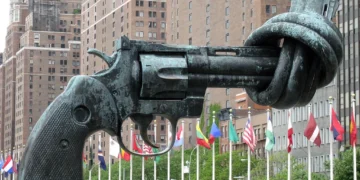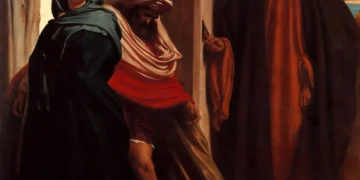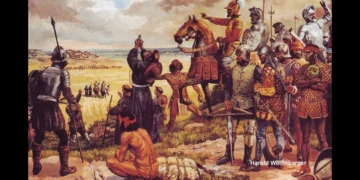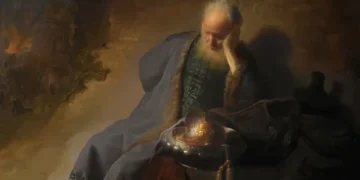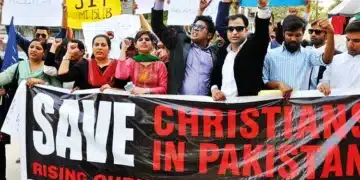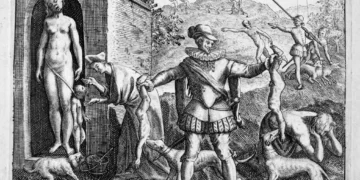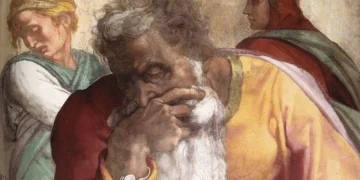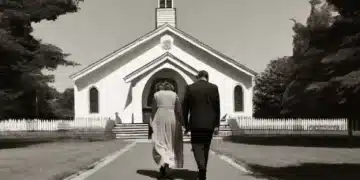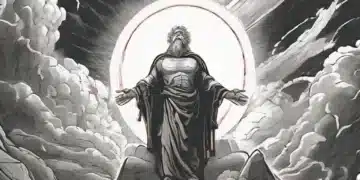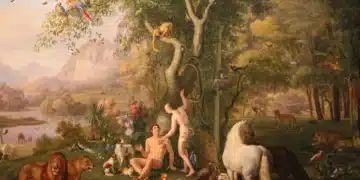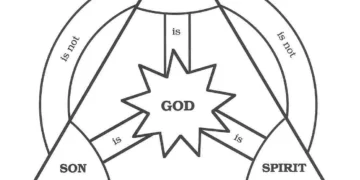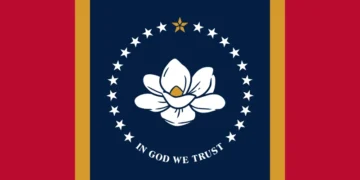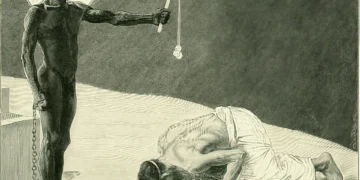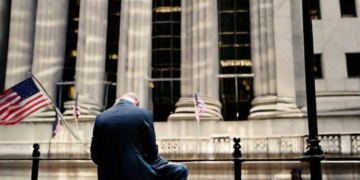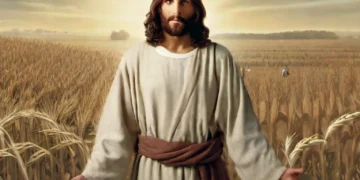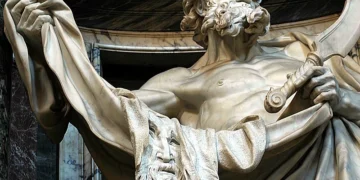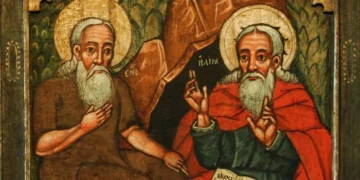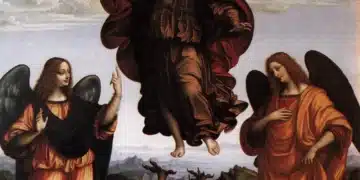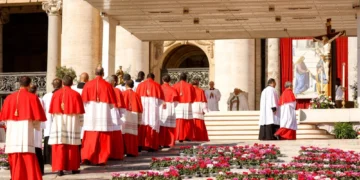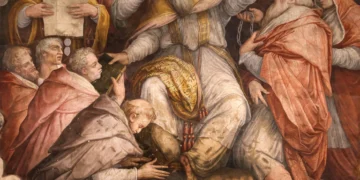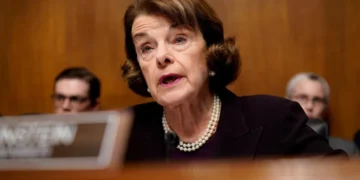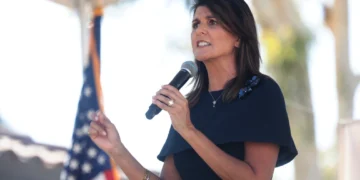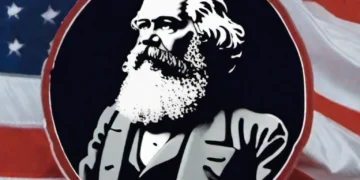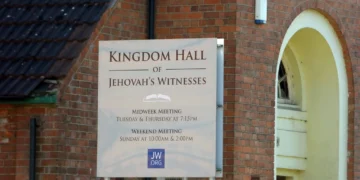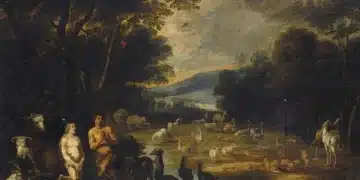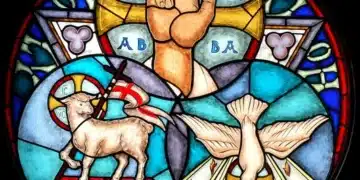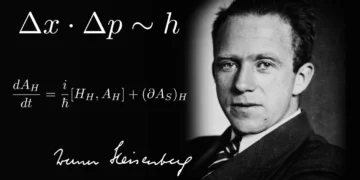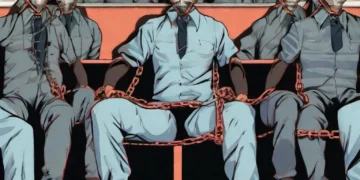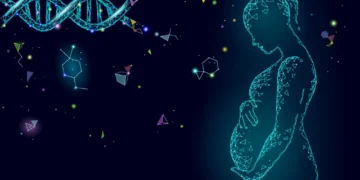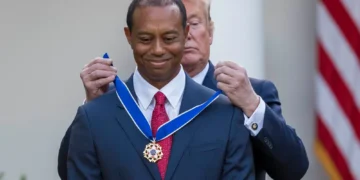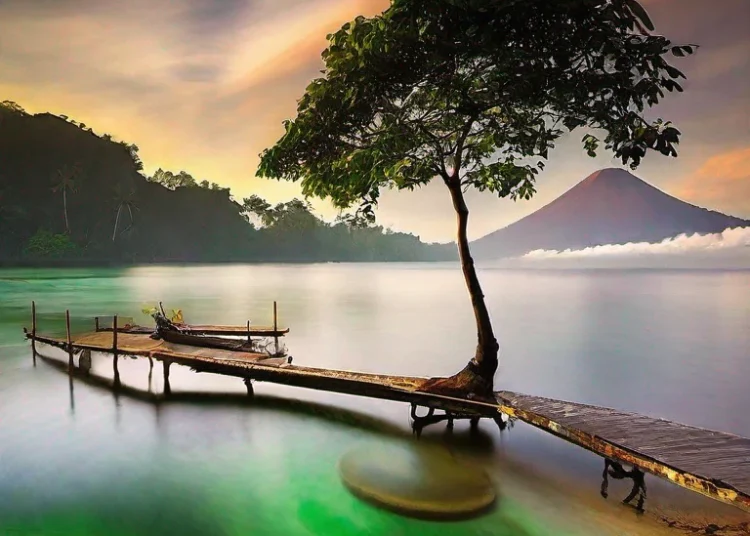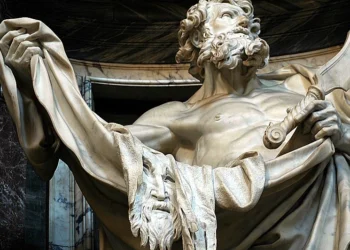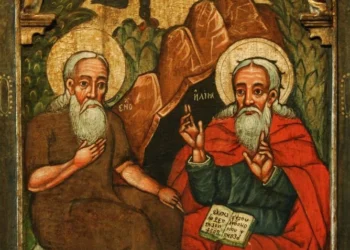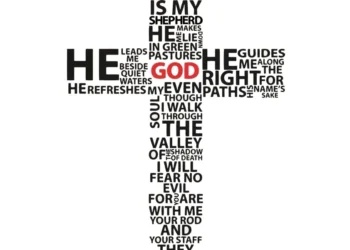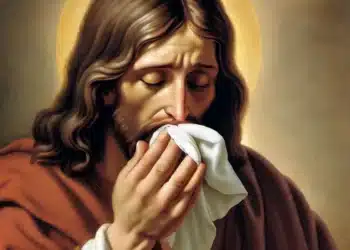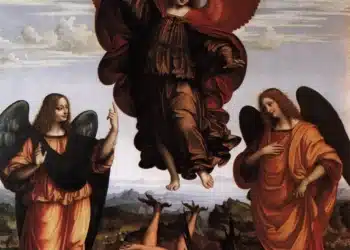Dusk settled over the lush island of Java, casting an ethereal glow on the towering spires of an ancient church. As the evening calls to prayer echoed through the air, the scene seemed almost surreal – a testament to the unexpected presence of Christianity in the world’s most populous Muslim-majority country, Indonesia. Embark on a journey with us as we delve into the rich tapestry of Christianity’s history in this diverse nation, spanning centuries and encompassing diverse cultures and traditions.
European explorers brought Christianity
Indonesia’s Christian history traces its roots back to the arrival of European explorers in the archipelago centuries ago. Indeed, the surprising scenario of an old church nestled amidst predominantly Muslim communities reflects the presence of Portuguese, Dutch, and Spanish colonizers who brought Christianity to these shores. The arrival of European missionaries during the 16th century began a process of cross-cultural exchange that shaped the face of Christianity in Indonesia.
One key point of interest when exploring Christianity in Indonesia is the influence of indigenous cultures. The intermingling of local customs and traditions with Christian beliefs resulted in the emergence of unique syncretic forms of worship. This fusion created an intriguing blend of Indonesian spirituality and Christian doctrine, resulting in vibrant expressions of faith that resonate throughout the country. The Toba Batak Protestant Church in North Sumatra, for instance, showcases Toba Batak culture and decorative motifs in its architecture, hymns, and rituals, while still remaining firmly rooted in Christian teachings.
Another fascinating subtopic within Indonesia’s Christian history is the role of prominent figures who shaped the faith’s development. Notably, figures such as Pastor Djajamarta, renowned for his tireless efforts in promoting education and improving the lives of impoverished communities, have become local legends. His exemplary work, spanning from the early 20th century until his death in 1969, not only advanced Christianity but also fostered unity and social development among diverse religious communities.
Shaping of the indigenous Indonesian Christian denominations
An important milestone in the growth of Christianity in Indonesia is the establishment of indigenous Indonesian Christian denominations. As the country gained independence in 1945, there was a growing desire among the Indonesian people to shape their own distinct Christian identity. Various indigenous churches emerged, each with its unique theological perspectives and organizational structures, including the Huria Kristen Batak Protestant and the Gereja Kristen Indonesia. These denominations now form a significant part of Indonesia’s Christian landscape, offering a localized framework through which the faith is practiced and nurtured.
However, it is crucial to acknowledge that Christianity’s journey in Indonesia has not been without challenges. Throughout history, tensions have arisen between religious communities, occasionally giving rise to conflicts. Yet, the Indonesian constitution enshrines principles of religious freedom and harmony, providing a framework for coexistence that encourages dialogue and understanding.
As the vivid sunset fades from the sky, leaving only a soft glow over the ancient church, our exploration of the rich history of Christianity in Indonesia comes to a close. From the merging of cultures to the influential figures and the establishment of indigenous denominations, the tapestry of Christianity in this vast archipelago is diverse and captivating. Today, there are an estimated 25 million Christians in Indonesia, a testament to the resilience and enduring presence of the faith throughout centuries of intertwined histories.
Beauty & dynamic
In concluding our journey, let us reflect on the unexpected, yet beautiful, dynamics of Indonesia’s religious mosaic. The surprising presence of an old church amidst Muslim communities highlights the extraordinary ability of diverse faiths and cultures to coexist within the same place, inspiring us all to embrace the power of dialogue, understanding, and unity.
